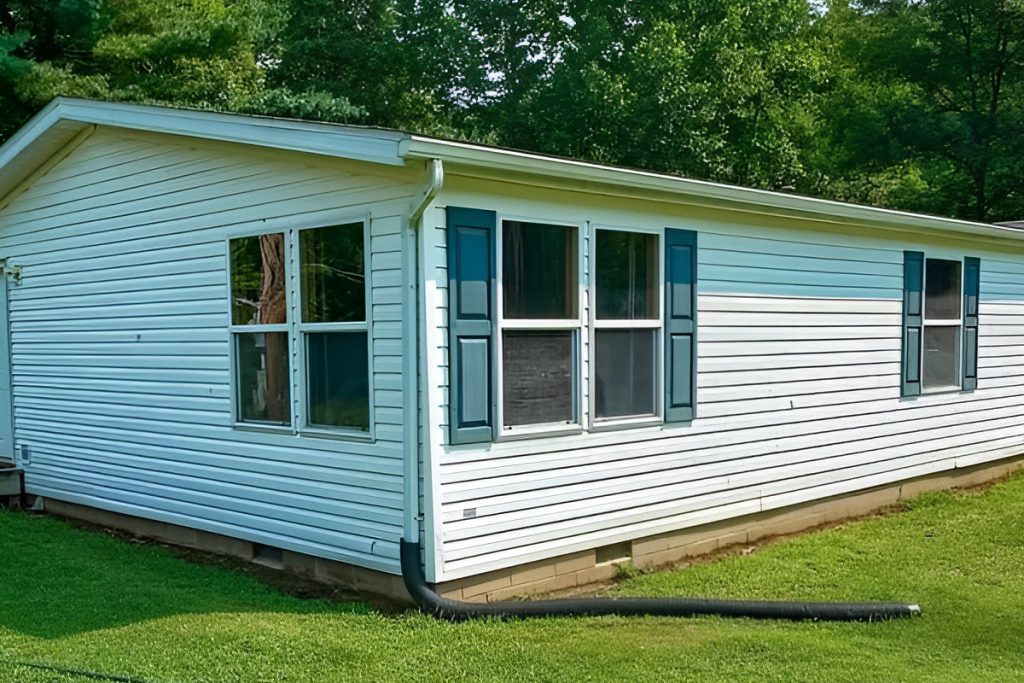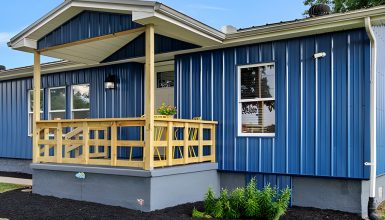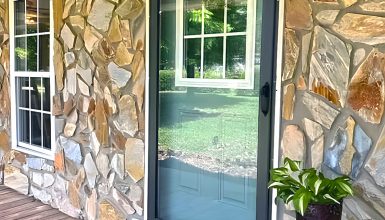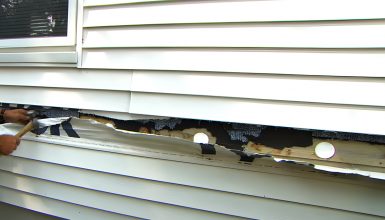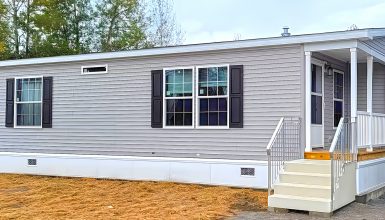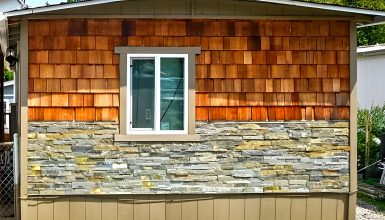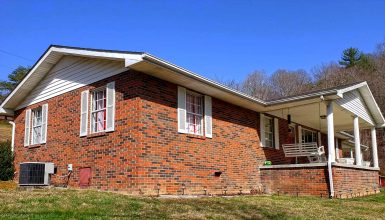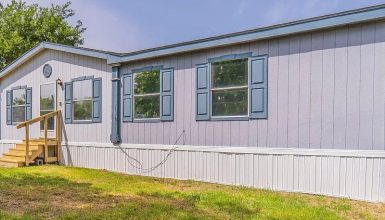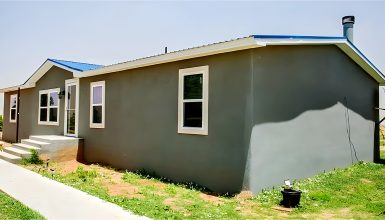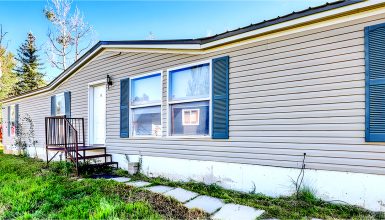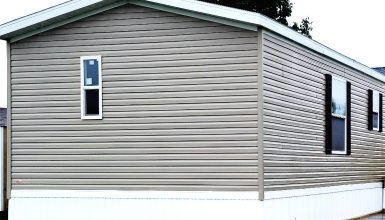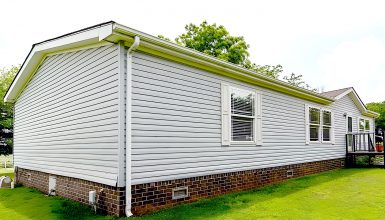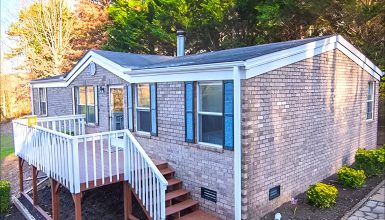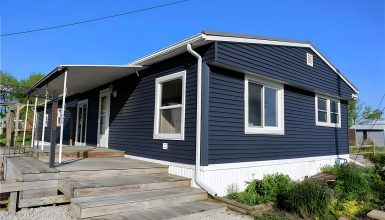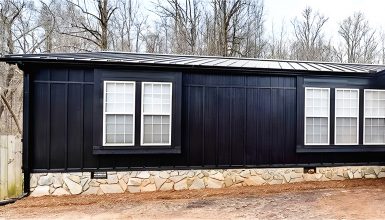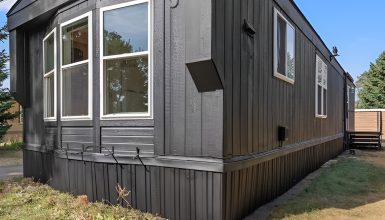So, you’re eyeing that gorgeous lap siding or maybe those classic cedar shakes, and you’re wondering: “Can I put this on my mobile home?” The answer is yes, you totally can! But—and it’s a big but—there are some essential factors to consider, like the weight of the material and the structural integrity of your home. Don’t worry; we’re diving deep into all those nitty-gritty details to help you make the best choice for your abode. Whether you aim to boost curb appeal or add an extra layer of protection against the elements, upgrading your mobile home’s siding is a game-changer. Let’s dive in!
Pros and Cons of Regular Siding on Mobile Homes
Let’s get into the meat and potatoes of this siding saga. You’re pumped about regular siding on your mobile home, but what are the real upsides and downsides? Let’s break it down.
The Pros
Let’s dive deeper into the sunny side of the street—the fantastic pros of putting regular siding on your mobile home. Trust me, there are some pretty enticing reasons to go for it.
1. Lookin’ Sharp!
So, you’re tired of the same old, same old, right? Regular siding transforms your mobile home into a stunner. Think about it: you’ve got tons of options. Want the warm, rustic charm of wood? You got it. More of a modern, sleek vinyl fan? Done. The sky’s the limit regarding styles, colors, and textures. Your home will be turning heads in no time!
2. Built to Last
Let’s talk durability. Ever heard the phrase, “You get what you pay for?” Well, when it comes to siding, that’s often true. Premium materials like fiber cement or high-grade vinyl are made to withstand the elements. Rain, wind, snow—bring it on! These materials don’t just hold up; they look fantastic year after year. That means less hassle with repairs or replacements down the road.
3. Keepin’ Cozy
Now, let’s get into one of my favorite topics: saving money. And who doesn’t love that? Many types of regular siding come with the bonus of insulation. Yes, you heard that right. These materials form a protective barrier that keeps the heat in during those chilly winter months and keeps your home cool when the sun’s blazing. That means your HVAC system doesn’t have to work overtime, and you can pocket those savings on your energy bills.
So there, you have three compelling reasons to go the regular siding route. The advantages are clear, from leveling up your home’s style game to making a wise, long-term investment. Now, are you excited or what?
The Cons
Okay, now that we’ve celebrated all the awesomeness of regular siding, let’s get real and chat about the not-so-fun parts. Yup, even sunshine has its cloudy days. Here are the cons you need to know about.
1. That’s Heavy!
First thing’s first: weight matters. A lot. Your mobile home isn’t built like a traditional house, so piling on heavy siding like brick or stone? That could be a recipe for trouble. The added weight might stress the structure, leading to issues you don’t want to deal with, like sagging or even foundational problems. So, do your homework. Ensure your home can handle the extra load before hanging those chic cedar shakes.
2. Show Me the Money
Let’s talk dollars and cents, shall we? High-quality regular siding materials can put a dent in your wallet. Whether it’s the actual material cost or the labor involved in installing it, be prepared to pay more than you would for mobile home-specific siding. If you’re working on a tight budget, you’ll definitely need to consider this. Sometimes, beauty comes with a price tag!
3. Tricky Business
Alright, so you’ve picked your dream siding and got the budget sorted, but wait—there’s another hurdle. Installation. Mobile homes have their own unique quirks when it comes to structure and framing. It’s not the same as slapping siding onto a traditional home. The anchoring points are different, and you might encounter odd angles or gaps that must be addressed. So, unless you’re a DIY genius with experience in mobile home projects, you might need to call in the pros. And let’s face it, hiring a professional installer is another expense.
So, there it is—the other side of the coin. But don’t let these cons totally rain on your parade. Knowing these challenges means you’re better prepared to make an informed decision. Knowledge is power, right?

